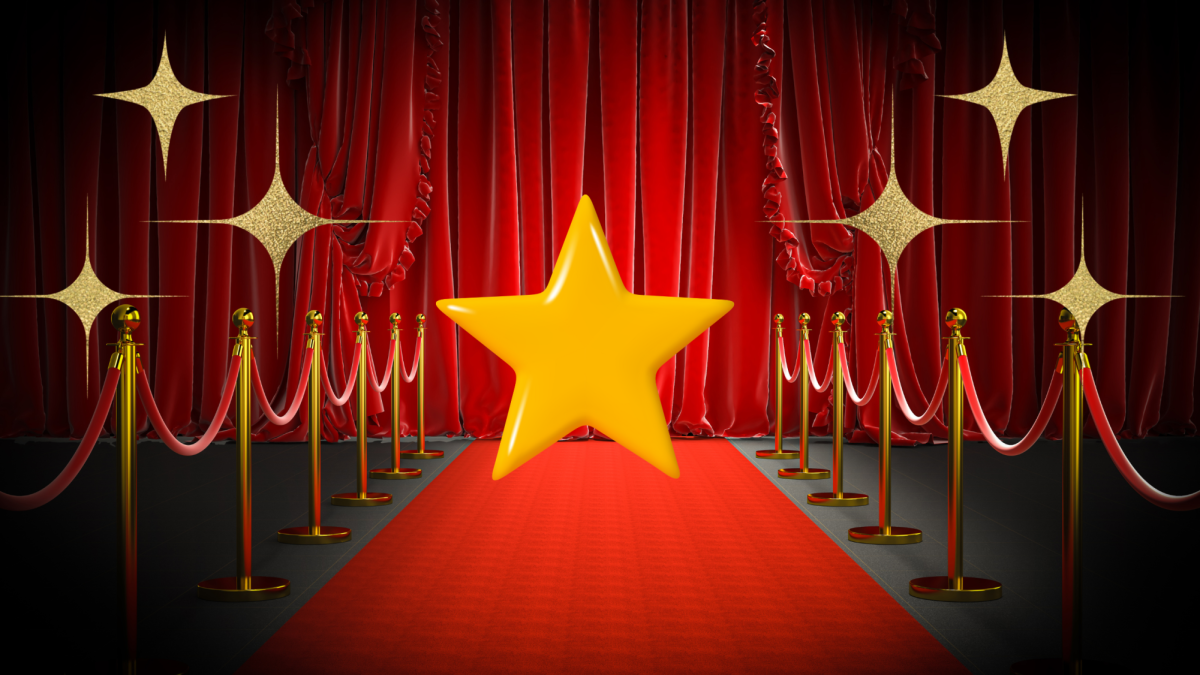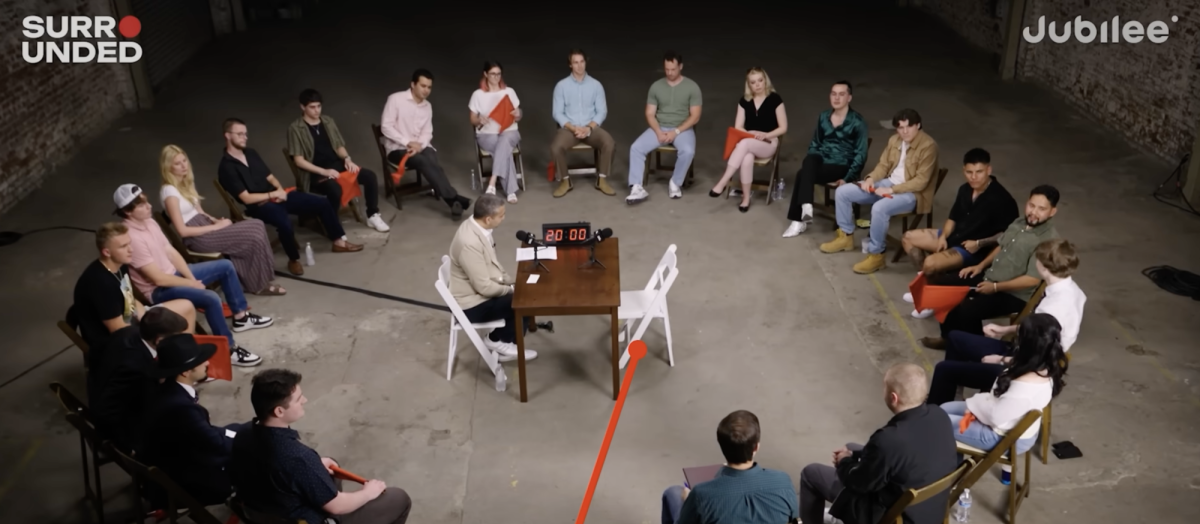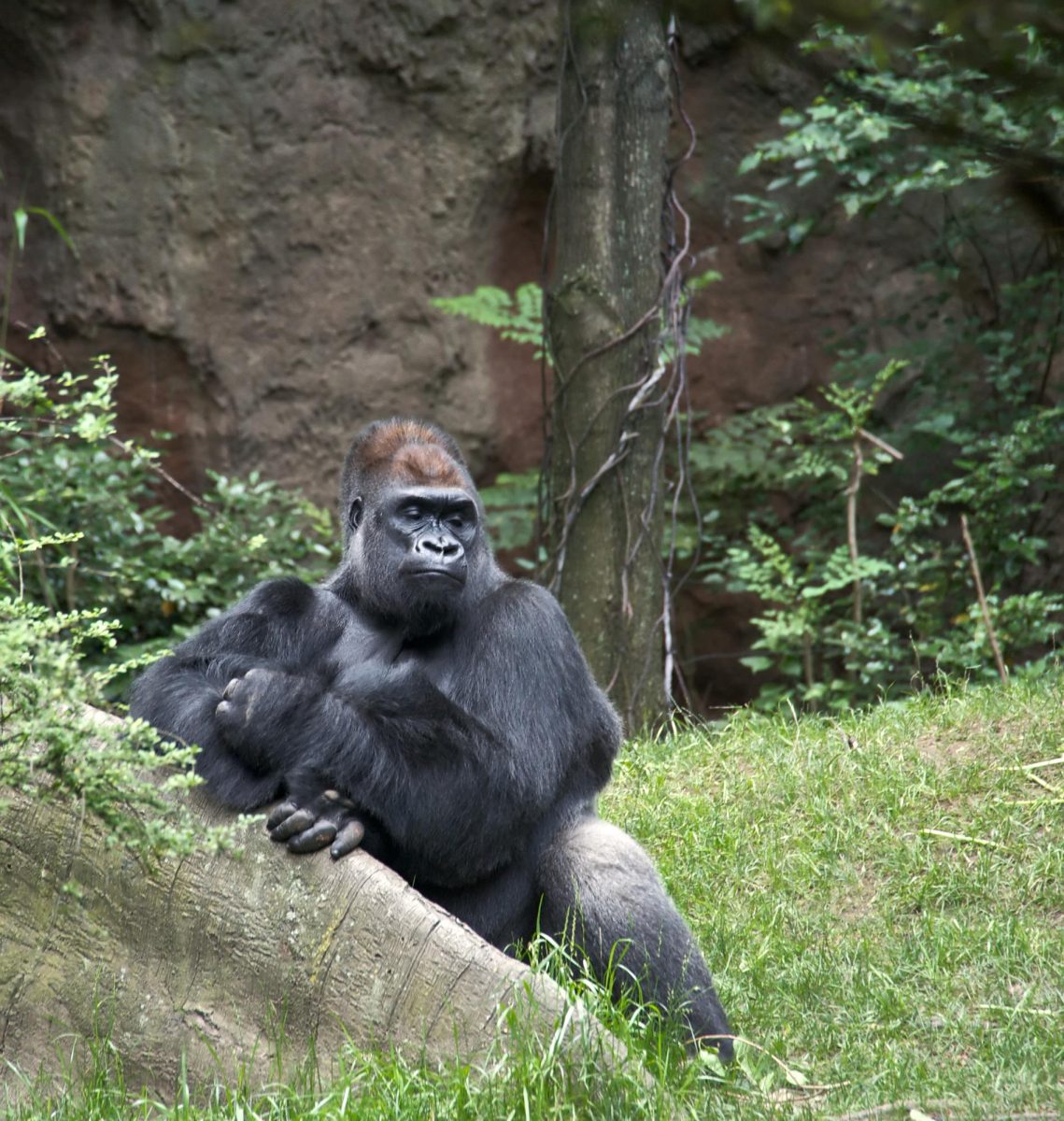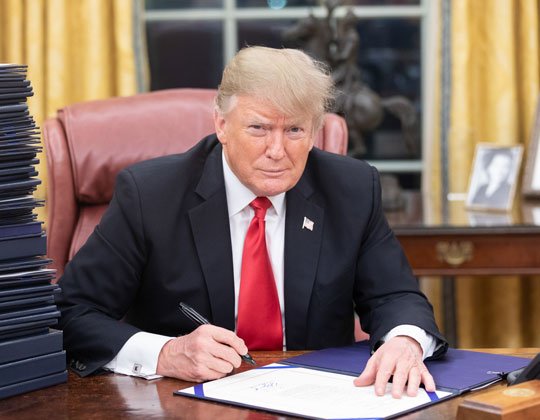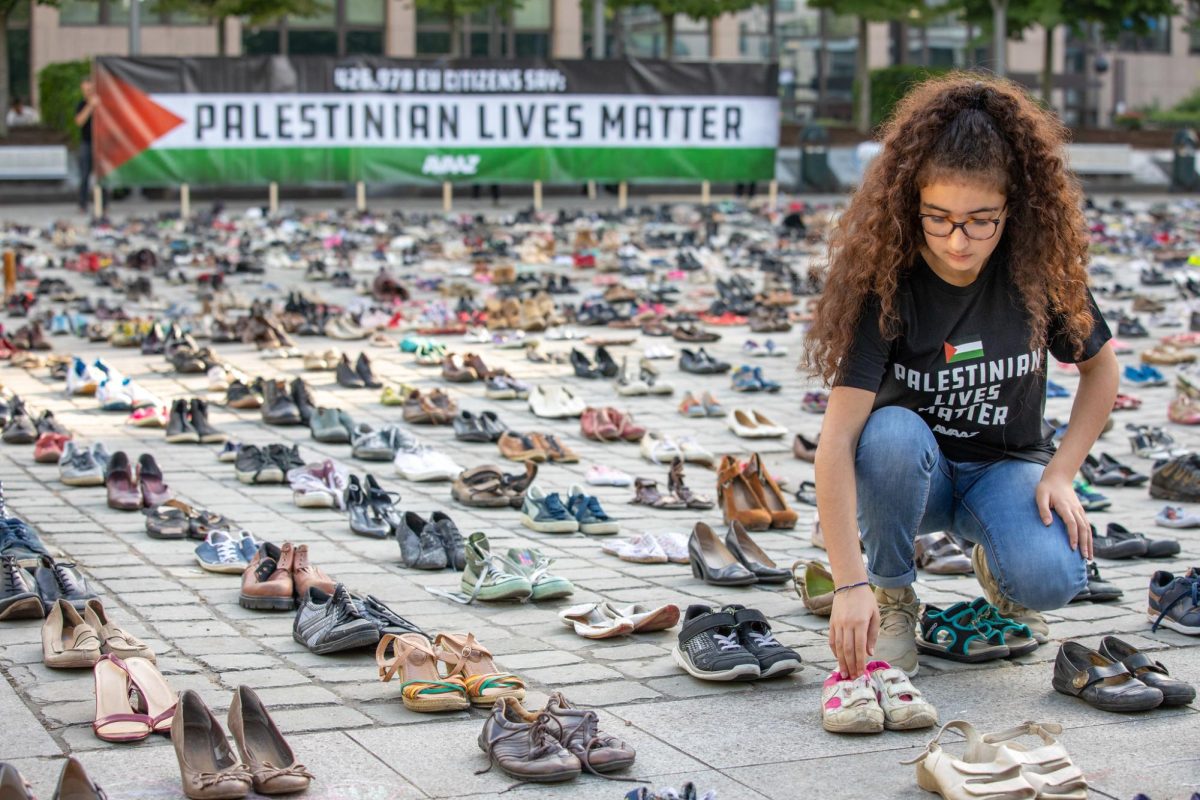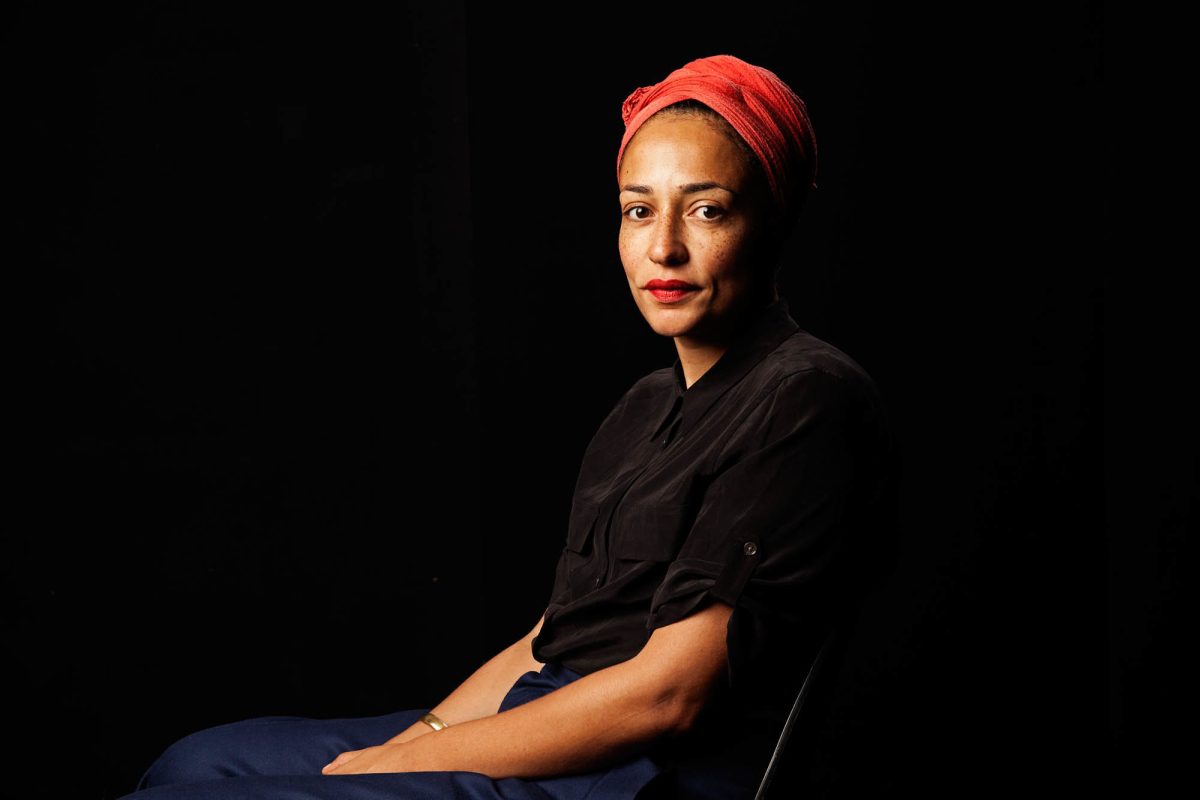Just a few years ago, award shows were unpredictable, messy, chaotic and full of surprising moments that grabbed viewers’ attention: a meat dress, an unexpected kiss, or calling out an ex. These days, there’s still some flash and flair, but award shows feel like products being sold. A big part of that shift comes from social media.
It’s not surprising that social media has been transforming how we watch and react to events. The rise of platforms such as Twitter (X), Instagram, and TikTok means that even unscripted moments can be shared and discussed immediately. What used to be just an awkward moment on live TV is now turned into a viral clip that people can watch repeatedly. This has directly contributed to cancel culture. One wrong word or an unexpected moment can trigger a flood of negative comments. Beyond the waves of online criticism, cancel culture can also cause artists to lose sponsorships, brand deals and damage mental health.
Artists and producers are aware of these risks, so they avoid them altogether by favoring scripted speeches, planned outfits, and “viral ready” performances over spontaneity. Every detail is carefully managed, from what is said on stage to how it will appear on social media. This level of control protects careers and reputations, but it also changes the energy of live performances, making them feel more calculated and less impulsive than in the past.
Many awards shows now include pre-recorded performances to reduce the risk of mistakes or controversy. Artists such as Lady Gaga have opted for this method, like her Oscars performance of “Hold My Hand” in 2023, or her pre-recorded set at the 2025 MTV VMA’s. Her early career was filled with jaw-dropping stunts and unforgettable fashion moments; now, it could be said that the unpredictability of performances is gone, so watching them is less thrilling.
But then, there’s the Will Smith and Chris Rock incident. The slap was shocking, but what happened afterward was even bigger. Online reactions exploded, bringing up debates about violence, comedy, and accountability. Was it scripted or spontaneous? the public wondered. For many producers, artists, and viewers, it was proof that a single unscripted moment could overshadow an entire ceremony and dominate social media for weeks.
Award shows have always reflected the culture of their time. Now, with every mistake instantly shared and talked about online, organizers, artists, and producers often choose to play it safe rather than take risks. The excitement is still there, but it feels more controlled than before. In return, the shows are smoother, and performances are more thoughtful, providing artists a space where they can feel more comfortable stepping on stage. But some people miss the raw, unpredictable moments that made these events unforgettable. It’s a trade-off between safety and spontaneity, and it’s unpredictable if audiences will grow to appreciate this new style of live entertainment or start searching for something that feels more real.

